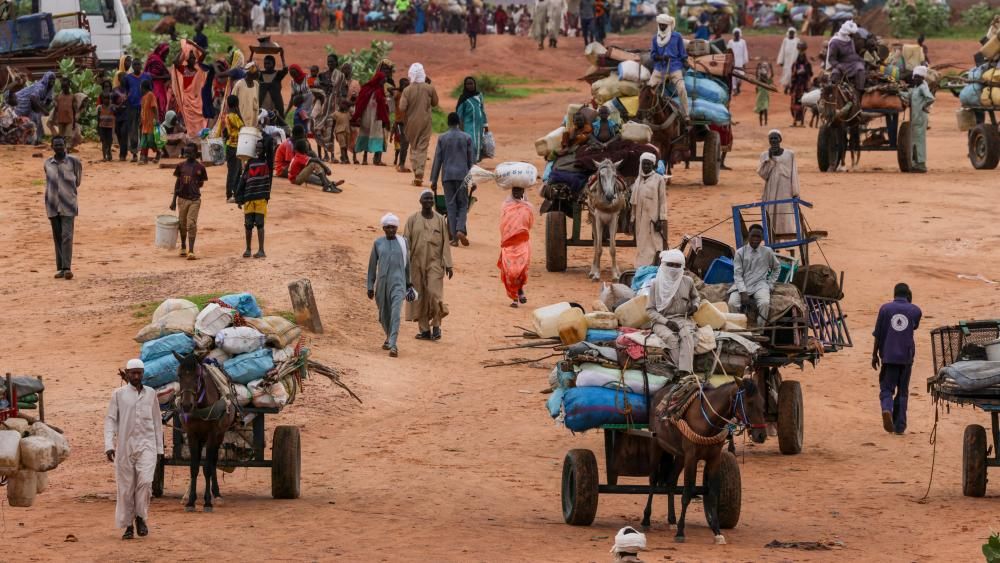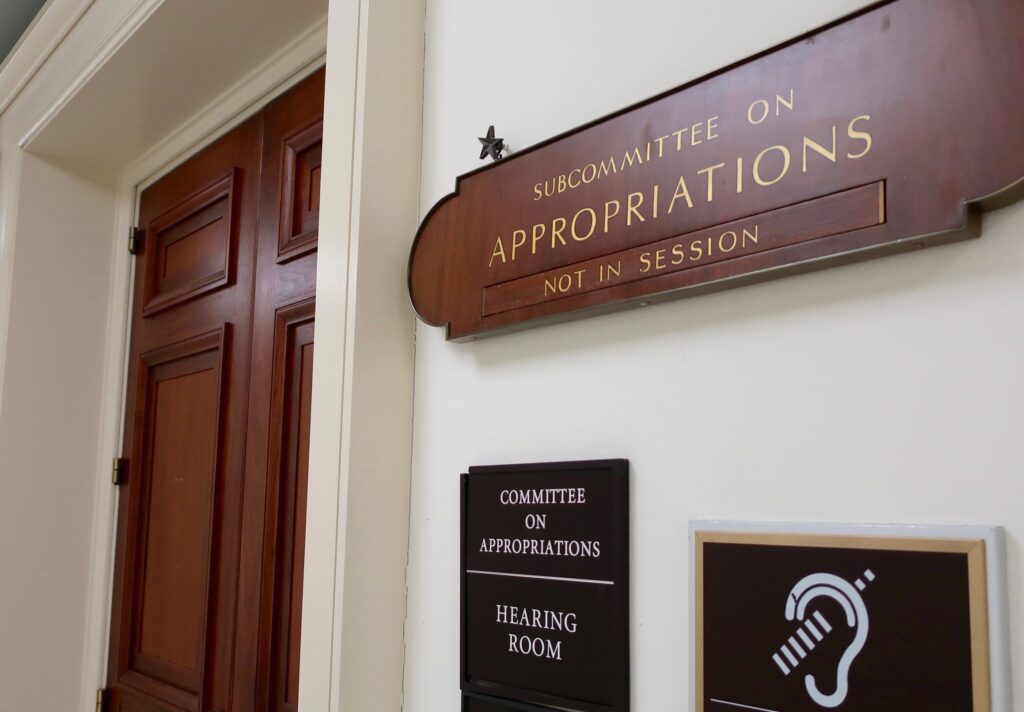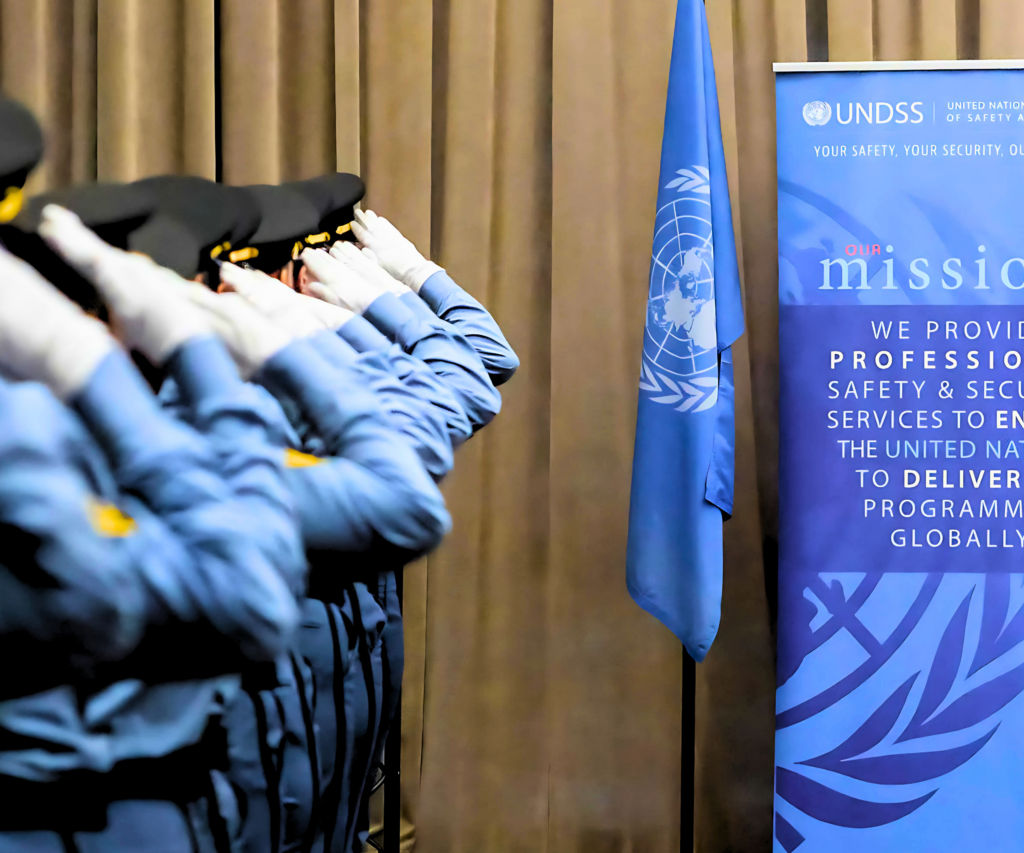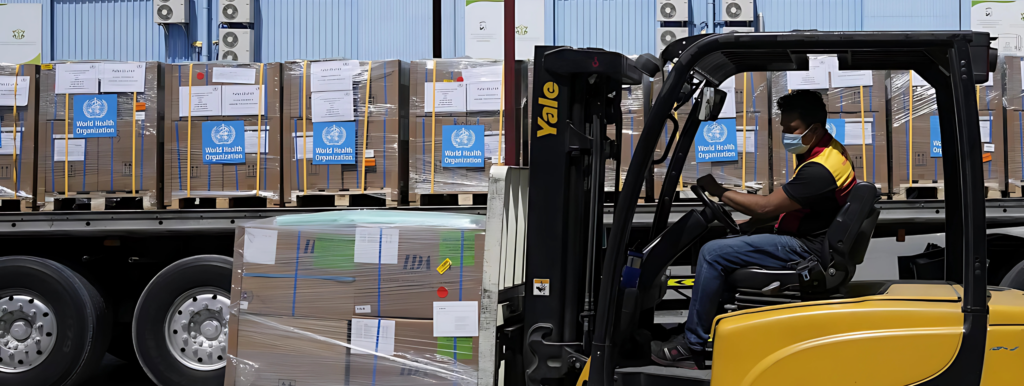On Jan. 7, the U.S. State Department declared that a genocide is taking place in Sudan. This follows months of warnings from UN independent experts on the growing risk of genocide conditions, particularly in the country’s Darfur region, an area that experienced the scourge of genocide just two decades ago.
The designation of genocide is not applied lightly and carries significance in both determining the gravity of the conflict and compelling international response.
Here’s what you need to know.
Defining Genocide
Following the atrocities of World War II, Polish-Jewish lawyer Raphael Lemkin coined the term genocide to describe the Holocaust’s severe, systemic violence. While international bodies and organizations have slightly varying definitions, the 1948 Genocide Convention, which the U.S. ratified in 1988, defines genocide as “any acts committed with intent to destroy, in whole or in part, a national, ethnical, racial or religious group.” They further explain that this encompasses, “Killing members of the group; causing serious bodily or mental harm to members of the group; deliberately inflicting on the group conditions of life calculated to bring about its physical destruction in whole or in part; imposing measures intended to prevent births within the group; and forcibly transferring children of the group to another group.”
What’s essential is evidence that a perpetrator intentionally sought to eliminate a specific group.
Though different from other forms of mass violence like crimes against humanity or war crimes, all fall under the designation of “core international crimes” set out by the 1998 Rome Statute that include the most serious violations of international law, namely genocide, crimes against humanity, war crimes and (added in 2010) aggression, such as torture and enforced disappearances.
The U.S. Declaration in Sudan
Since the end of the Cold War, the U.S. has made just six genocide declarations: Bosnia (1993), Rwanda (1994), Iraq (1995), Darfur (2004), ISIS-controlled areas (2016 and 2017) and the Xinjiang region of China (2021). While the State Department had previously determined the presence of war crimes in Sudan’s civil war, this is the first time it has applied the term genocide to describe conditions on the ground. The declaration cites ethnically-targeted violence in Western Darfur committed by the Rapid Support Forces (RSF), the paramilitary group currently fighting the Sudanese military.
The Implications for U.S. Foreign Policy
Broadly speaking, there are no specific or immediate required consequences that follow a declaration of genocide. However, such a declaration does carry moral weight. Acknowledging that violence has reached the level of genocide often spurs global mobilization that can include an influx of humanitarian aid, economic sanctions, diplomatic isolation, intervention by the UN Security Council and — because parties to the Genocide Convention agree that genocide is a crime under international law — action by the International Criminal Court to prosecute individuals and regimes responsible.
In fact, during the last American declaration of genocide in Darfur in 2005, the U.S. — though not a member of the ICC — used its position on the UNSC to push the ICC to investigate the Sudanese government for crimes of genocide. Notably, it was the first case ever to be referred to the ICC by the UNSC, the first ICC investigation on the territory of a non-member of the ICC, the first ICC investigation dealing with allegations of genocide and the first sitting president (Omar al Bashir) to be issued a warrant of arrest by the ICC. (To date, President Al Bashir remains at-large; because the ICC does not try individuals in absentia, the case remains in pre-trial.)
The Darfur experience also represented an important watershed moment in how the U.S. handles charges of genocide. Following the declaration, the U.S. Administration shored up and deployed a team of investigators for the very first time, acting through an Atrocity Documentation Team to fully document conditions on the ground to ensure that evidence was collected and victim stories recorded to eventually hold those responsible to account. In the context of the 2005 Darfur genocide, Secretary of State Colin Powell, acting under the direction of President George W. Bush, not only said that genocide had occurred, but named the culpable parties. As President Bush noted in the margins of a memo at the time, “Not on my watch.”
What happens in response to this American Administration’s decisive stand against the heinous crime of genocide unfolding in Sudan remains to be seen. Since renewed fighting in the country, the UN estimates nearly 11 million people have been forced from their homes and 150,000 have been killed. While the U.S. declaration is an important step in bringing more attention to the continued violence against the Sudanese people, the international community must use this moment to act, as well.
Here in the U.S. and around the world, the message must be the same: not on our watch.




